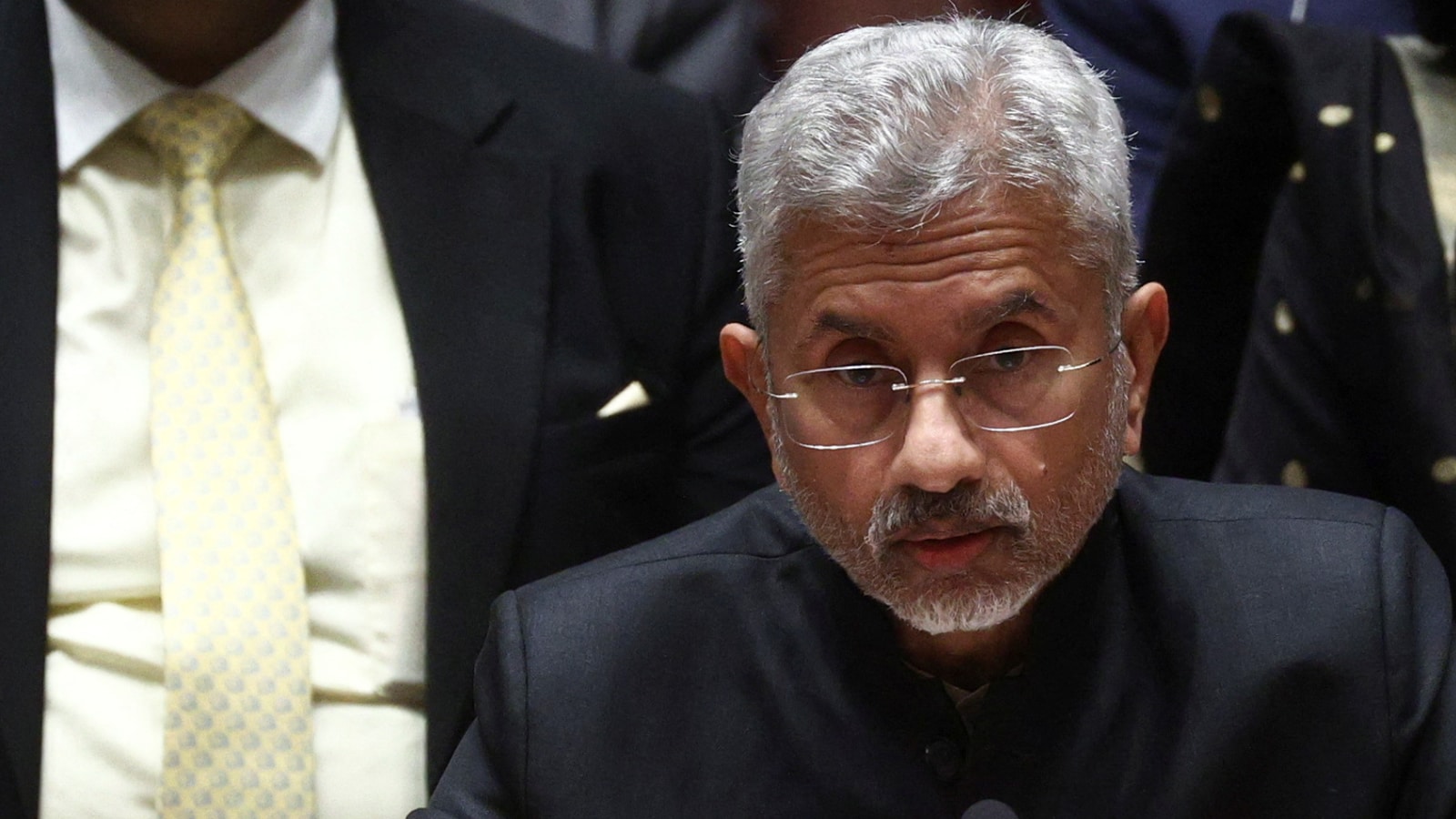India is looking ahead to an action-packed month during its presidency of the United Nations Security Council in December. This will also be the last month of India’s non-permanent membership of the prestigious council. This is the second time in its two-year tenure as a member of the UN Security Council [2021-2022] that India has become its president. The previous occasion was in August 2021.
There are two signature events at the council in December at the ministerial level. On December 14, the council will have a meeting on reformed multilateralism, followed by one on counterterrorism on December 15. External affairs minister S Jaishankar will be travelling to New York to preside over both meetings.
On December 14, India will be holding a high-level open debate on the theme ‘Maintenance of International Peace and Security: New Orientation for Reformed Multilateralism’ at the Security Council in New York. New Orientation for Reformed Multilateralism (NORMS) envisages reforms in the current multilateral architecture with the UN at its centre to make it more representative and fit for purpose. The briefers for this event will be Antonio Guterres, UN Secretary General, and Csaba Korosi, President of the General Assembly.
The meeting on terrorism-related issues on December 15 intends to underscore the necessity of collective and coordinated efforts to combat the menace.
Talking about the meeting, a diplomatic source said, “Acknowledging that in recent times there has been a resurgence of terrorist activities, both in range and diversity, as well as geographical space, and that the existing and emerging threats call for a renewed collective approach to terrorism, the high-level briefing will provide an opportunity for members of the Security Council to build on the recent deliberations of the UN Security Council’s Counter-Terrorism Committee meeting in Mumbai and Delhi. Building further on the Delhi Declaration adopted during the special meeting of the CTC in India, it will allow them to share their and arrive at key principles of the global community’s collective fight against terrorism.”
Apart from the two signature events in December, the council would broadly witness briefings and consultations on some critically important files, including – Syria and Yemen, UN Investigative Team to Promote Accountability for Crimes Committed by Daesh/ISIL, United Nations Integrated Transition Assistance Mission in Sudan, United Nations Organization Stabilization Mission in The Democratic Republic of the Congo, United Nations Office for the Coordination of Humanitarian Affairs International Residual Mechanism for Criminal Tribunals, Middle East, United Nations Mission in South Sudan [UNMISS], United Nations Support Mission in Libya [UNSMIL], Democratic Republic of Congo [DRC] and United Nations Disengagement Observer Force [UNDOF]. A briefing and consultation on Afghanistan is also scheduled to be held on December 20.
Among the adoptions of resolutions scheduled for the month, there are three mandate renewals, for the 1988 Taliban Sanctions Committee, MONUSCO, and UNDOF. Two council members, Ireland and Mexico, intend to organise Arria Formula Meetings. The one convened by Ireland will be centred on ‘Youth, Peace and Security’. Besides this, there will be at least two meetings on Ukraine: one on the political situation and one on the humanitarian file.
During its 8th term as an elected member of the UN Security Council, India has endeavoured to voice the key concerns of the Global South, said officials. The issue around effective response to the menace of terrorism, a roadmap for reformed multilateralism, a framework for maritime security cooperation and greater protection for UN peacekeepers through technology has been raised by the Indian side at the UNSC table. India, officials said, has been guided by the “Five S’s” approach, as set out by Prime Minister Modi: Samman (Respect), Samvad (Dialogue), Sahyog (Cooperation), Shanti (Peace), and Samriddhi (Prosperity). They added that India has also tried to bring the focus of the council on a number of other issues of regional and international concerns and reforms in the multilateral organisation during its current tenure in the council.
Read all the Latest India News here


